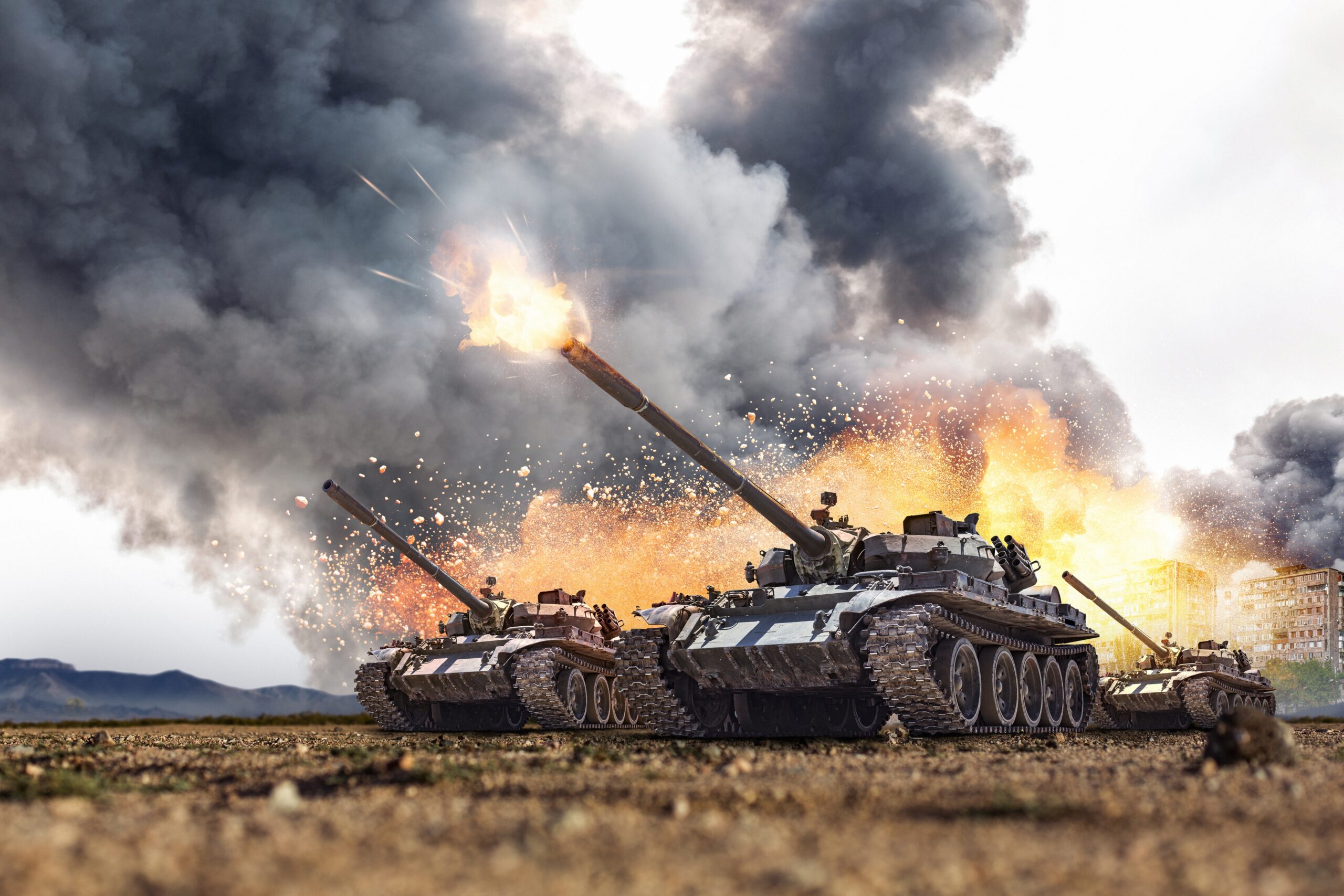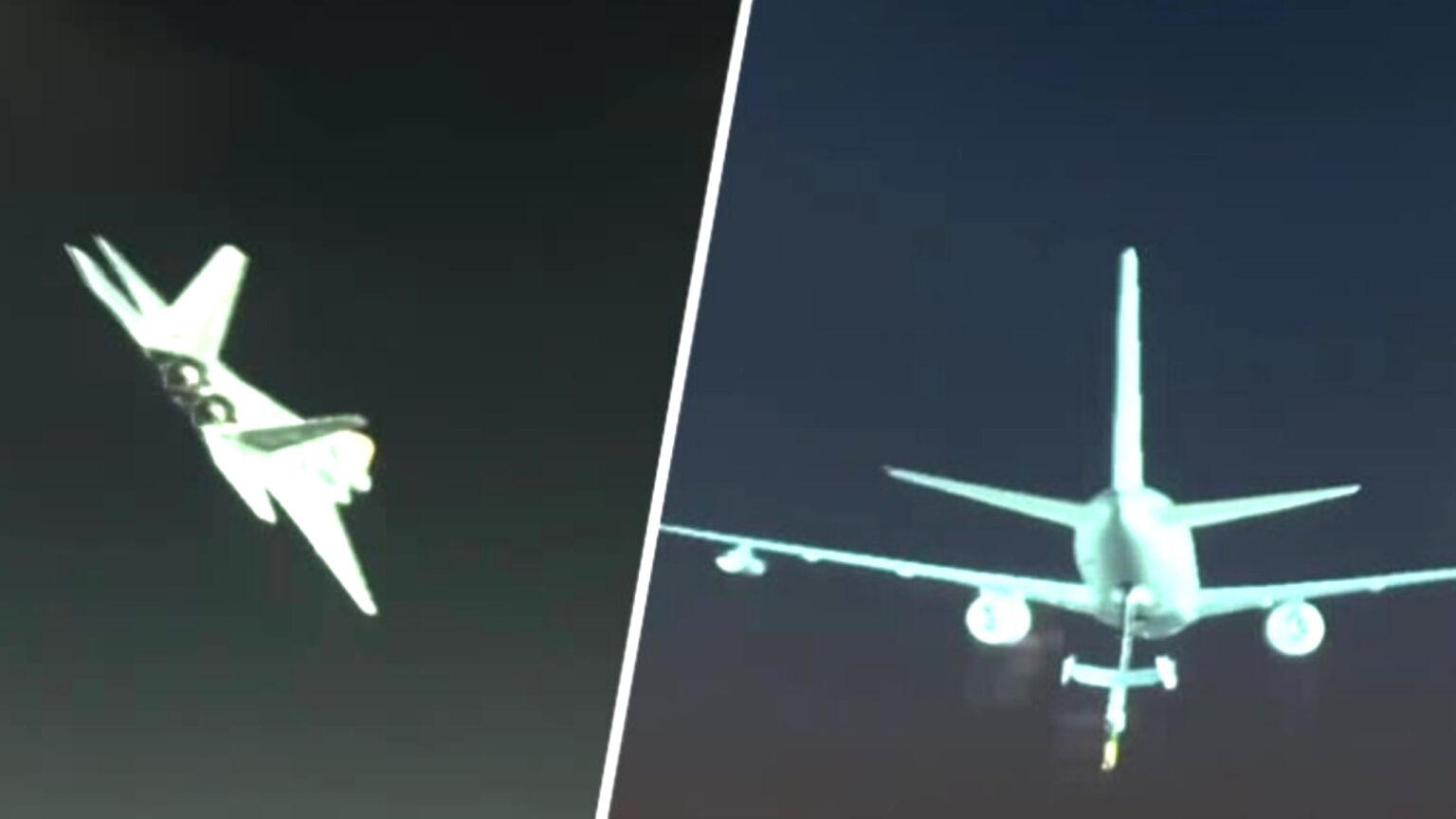The U.S. military-industrial complex is the most powerful fighting force in the world, and its legions are ready to conquer the metaverse too.
Former F-22 pilot Dan Robinson reveals that the U.S. Air Force is using game-like training simulators to gain an edge against anyone who may dare to oppose them.
A strange game
Dan Robinson is the founder and CEO of Red 6, a company that builds augmented reality (AR) training technology used by the U.S. Air Force.
In a recent interview, Robinson revealed how metaverse technology is now able to simulate entire military campaigns, allowing deeper, richer training experiences than ever previously possible.
“Think of it as a massive multiplayer video game played over multiple days,” Robinson told Fox News. “That now allows us to do some campaign-level training, exercising national command authority from tactical operators on the ground or in the air all the way up through the government.”
“That’s what we’re thinking about in terms of the metaverse,” he continued. “A persistent, continuous, synchronous environment in which we can go train.”
Robinson further explained how the in-metaverse AI learns over time, becoming smarter and more lethal with each campaign. Successful fighting strategies in early encounters lose effectiveness in subsequent sorties. Over time, both humans and AI have become better killing machines.
“The enemy, quote-unquote, adapts. And now you fly mission two,” said Robinson.
The current setup is already advanced, but Robinson has a grander vision. The former pilot envisages a more connected fighting force and “a future in which all warfighters across all domains are connected together in a joint synthetic training environment outdoors. Ultimately, we define the military metaverse as an extension of that.”

The only winning move
In the business of death, practice makes perfect. Little wonder the U.S. is not the only country currently playing its wargames in the metaverse.
As MetaNews previously reported, a consortium of German startups and academics uses the metaverse to refine tactics and strategies deployed in Ukraine.
The system, called GhostPlay, uses “third-wave” algorithms to make the AI more humanlike, unpredictable, and surprising.
The Gepard self-propelled anti-aircraft gun is among the weapons GhostPlay is testing. Russian platforms, including Bayraktar TB2 combat UAVs, drone swarms, the Russian Ka-52, and Mi-28 attack helicopters, are all potential targets of the weapon.
With war returning to the European continent, the choice of enemy is not coincidental.
The German government has already transferred 46 Gepards to Ukraine, allowing them to test their theoretical data against the cold reality of real conflict.

Is not to play
The demand for simulated battlefields may be strong, but some companies find the fight more trouble than it is worth.
Improbable, the company developing Otherside, the Bored Apes Yacht Club metaverse, pulled out of developing military metaverse tech for the U.S. last year. The corporation now focuses on commercial applications for its technology rather than military use cases.
Improbable launched MSquared (M²) in June. The project is a collaborative venture with Nvidia, Google, Dolby, and the Japanese gaming company Ubitus.
To succeed, Improbable must challenge technology heavyweights including Apple and Meta. That’s no easy task, but it is a fight worth undertaking, and unlike building weapons systems, it leaves no mark on the conscience.
Military applications and their wargames may provide a tangible use case for metaverse technology, but when those lessons are transferred to the real world, the cost of playing is measured in human lives.









 and then
and then